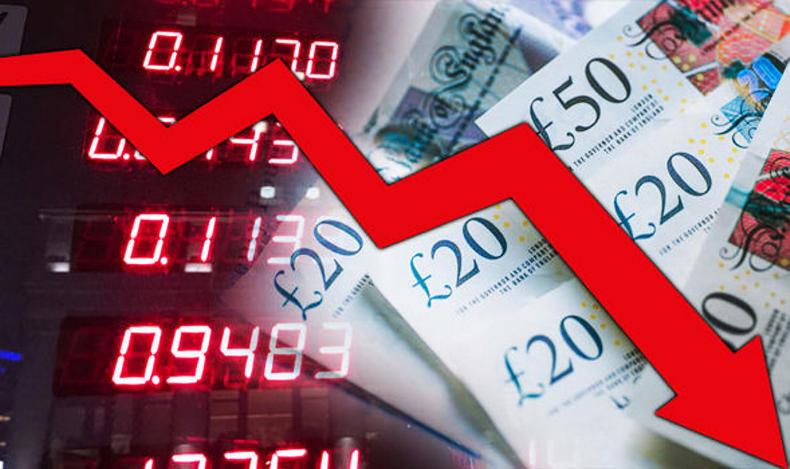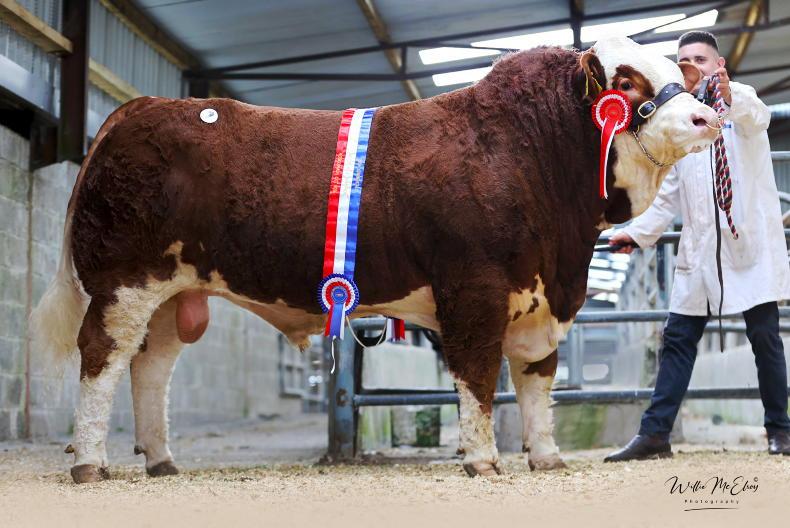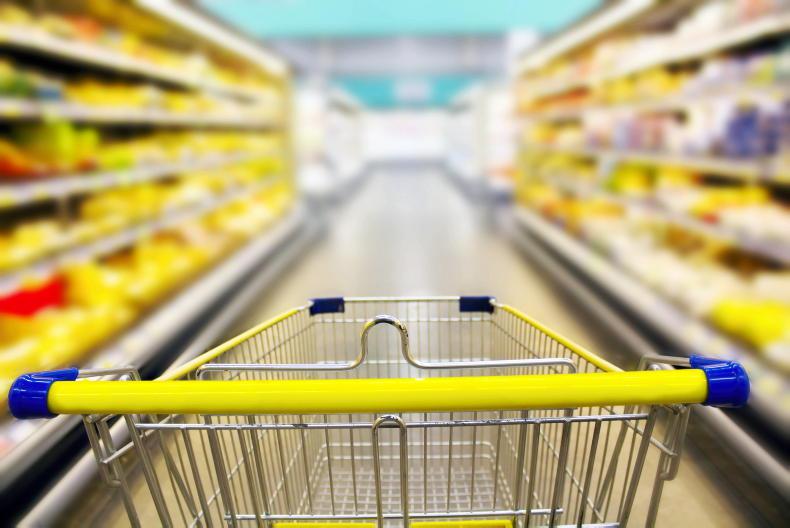Sterling fell to its lowest value against the euro since the end of 2008 when on Wednesday evening it was trading at 94.6p = €1.
This was a loss in value of 4p in a single day against the euro and it was even worse against the US dollar where sterling fell to its lowest value since the mid 1980s.
The UK stock market, like all global stock markets, had another bad day, losing 214 points, closing at 5,080, a 4% fall on the day and a 32% decline over the past month.
Losers but some winners
Coronavirus is causing chaos in global markets and while the current focus is protecting human health and containing the virus, there will be a huge cost.
Share values are plunging, especially in the sectors that feel the impact of the shutdown the most, such as aviation, hospitality and basically anything that isn’t considered essential.
Aircraft parked up for a long period have little value as they aren’t doing their job of generating revenue from moving people around the world.
Food value
The value of food is reflected in the fact that supermarket shares were among the best performers in the falling market. Sainsbury’s, the UK’s second largest supermarket, saw an increase in its share value of 12.6% on Thursday, closely followed by Morrison’s, which increased its share value by 10.5%.
The UK’s biggest supermarket group, Tesco who have the largest share of the UK market at 27%, also posted an increase but it was a modest 1.2%.
Farmer impact
The weaker sterling gets, the more expensive it makes product being traded from a euro currency area into the sterling area. Therefore Irish exports to Britain become more expensive and as the sterling buyer doesn’t automatically pay more because sterling is worth less against the euro, the supplier has to carry the cost at least in the short term.
If Irish exporters are receiving less, then ultimately the cost goes all the way back to the start of the chain, which is the farmer.
The opposite applies to farmers in the sterling area and selling to customers in the euro currency area. Therefore British farmers whose sheep meat is being sold in France or Northern Irish farmers selling hoggets to southern buyers are benefiting as are dairy farmers who sell up to one third of their milk for processing across the border in the euro currency area.
Read more
Colm McCarthy: prospects for Europe
Sterling fell to its lowest value against the euro since the end of 2008 when on Wednesday evening it was trading at 94.6p = €1.
This was a loss in value of 4p in a single day against the euro and it was even worse against the US dollar where sterling fell to its lowest value since the mid 1980s.
The UK stock market, like all global stock markets, had another bad day, losing 214 points, closing at 5,080, a 4% fall on the day and a 32% decline over the past month.
Losers but some winners
Coronavirus is causing chaos in global markets and while the current focus is protecting human health and containing the virus, there will be a huge cost.
Share values are plunging, especially in the sectors that feel the impact of the shutdown the most, such as aviation, hospitality and basically anything that isn’t considered essential.
Aircraft parked up for a long period have little value as they aren’t doing their job of generating revenue from moving people around the world.
Food value
The value of food is reflected in the fact that supermarket shares were among the best performers in the falling market. Sainsbury’s, the UK’s second largest supermarket, saw an increase in its share value of 12.6% on Thursday, closely followed by Morrison’s, which increased its share value by 10.5%.
The UK’s biggest supermarket group, Tesco who have the largest share of the UK market at 27%, also posted an increase but it was a modest 1.2%.
Farmer impact
The weaker sterling gets, the more expensive it makes product being traded from a euro currency area into the sterling area. Therefore Irish exports to Britain become more expensive and as the sterling buyer doesn’t automatically pay more because sterling is worth less against the euro, the supplier has to carry the cost at least in the short term.
If Irish exporters are receiving less, then ultimately the cost goes all the way back to the start of the chain, which is the farmer.
The opposite applies to farmers in the sterling area and selling to customers in the euro currency area. Therefore British farmers whose sheep meat is being sold in France or Northern Irish farmers selling hoggets to southern buyers are benefiting as are dairy farmers who sell up to one third of their milk for processing across the border in the euro currency area.
Read more
Colm McCarthy: prospects for Europe









SHARING OPTIONS